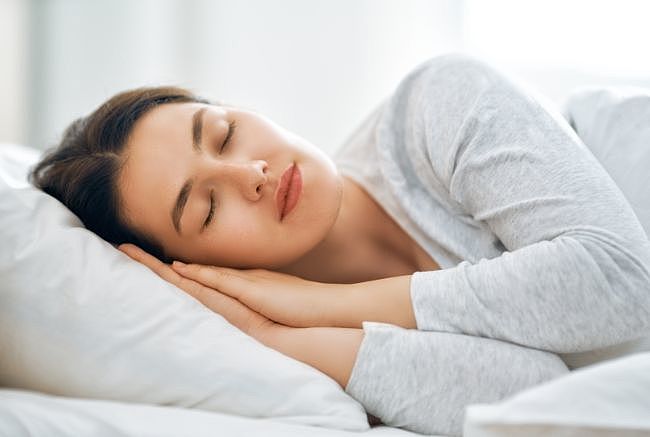Different forms of training are the stimulus to which the body makes physiological adaptations. Satisfactory rest is essential to allow time for these adaptations to take place.
Does sleep help muscle recovery? Why you need sleep.
- To restore the body's energy supplies that are depleted during the day because of everyday activities.
- People who partake in significant levels of physical and intellectual activity need more sleep to recover fully.
- Lack of sleep has significant implications for public health, safety, productivity, and well-being, as increased sleepiness has been linked with accidents at work or home. 3% of these accidents are serious automobile accidents and fatalities due to a fatigued driver.
- Insufficient rest dramatically reduces your recovery capacity, thus reducing your capacity to do physical work.
- Sleep enhances muscle recovery through protein synthesis and human growth hormone release.
- Sleep disturbances could also decrease a person's cognitive performance or capacity for exercise and increase the risk of exercise-induced injuries (Chennaoui et al., 2014).
- Sleep and recovery time reduces the rate of injuries by providing muscles and connective tissues the necessary time to repair and rebuild themselves between workouts.
- Fatigued muscles poorly protect their associated connective tissues, which increases the risk of damage to bones, cartilage, tendons, and ligaments. This is due to tired muscles providing inadequate support for tendons, ligaments, and bones and thus increasing the risk of strains, sprains, and stress fractures. Athletes run better, swim better, and lift more weight with adequate sleep.
Exercise may be one of the best ways to achieve healthy sleep. A recent study (MacDougall et al., 1995) noted that people with minor sleep disturbances improved after four months of brisk walking 30 minutes four times a week. Another study (MacDougall et al., 1995) also reported that Sleep improved in a group of seniors who exercised regularly.
Factors That Can Affect Sleep
Factors that may influence human sleep patterns include physical size, muscle mass, brain size, and current level of physical fitness. Additional factors that can affect sleep include:
Medications:
- Over-the-counter preparations that contain caffeine.
- Medications that can act on the central nervous system (CNS) and can affect sleep are benzodiazepines, nonbenzodiazepine receptor agonists, orexin antagonists, anti-seizure drugs, antidepressants, analgesics, and CNS stimulants.
Alcohol
- It suppresses deep sleep, produces sleep fragmentation, and relaxes the upper airway muscles, which worsens snoring and the severity of obstructive sleep apnoea.
- Alcohol is quickly metabolised and will produce a rebound effect that will significantly increase the chances of waking up during the night. This effect keeps alcoholics up at night, depriving them of REM sleep.
Caffeine
- It dramatically affects the CNS by blocking adenosine receptors, which hold drowsiness at bay. As an arousal drug, caffeine may cause insomnia.
- Caffeine will suppress REM (deep) Sleep, so it should never be taken 6-7 hours before bedtime.
- Caffeine tends to drive many people into a vicious circle. You drink it, and you get a boost of adrenaline, you feel more energetic, you get an increase in dopamine, you feel better, you think you can stay up late, you sleep less, and you are sleepier the next day. Shortly afterwards, you will need more caffeine, due to down-regulation, to get the same energetic feeling, and you will continue to increase the dosage.
Sleep Recovery - Recovery Time After Exercise
Athletes undergoing a training program should sleep at least 9-10 hours per night. For every two hours an athlete spends awake and stressed, it takes one hour of sleep to recover. If an athlete is awake and under stress, 16 hours a day, at least 8 hours of sleep are required for the CNS to recover from the overload.
Contact us today for your complimentary consultation so we can help you get started on your health and fitness journey and be the healthiest and happiest version of you!

